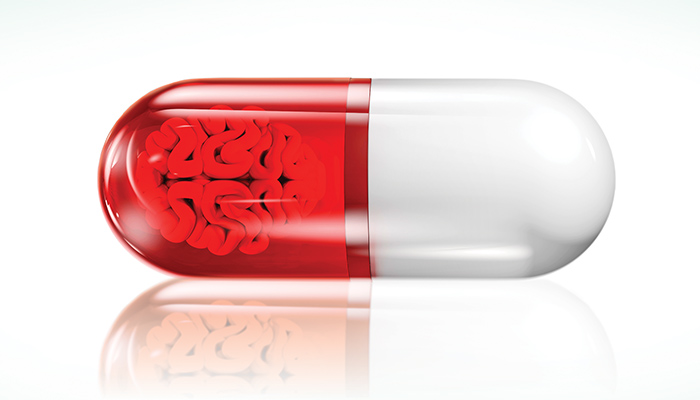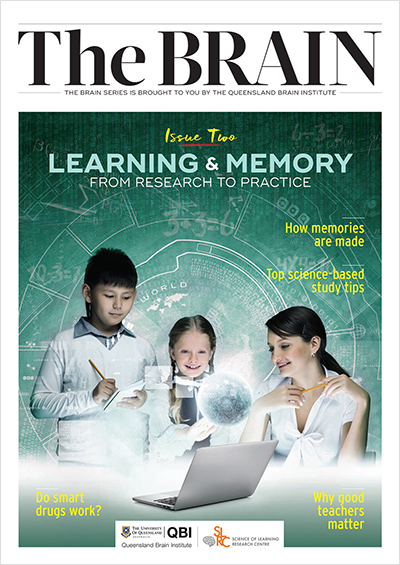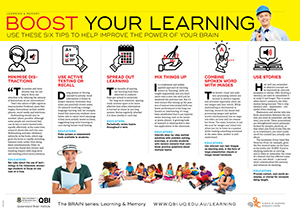Do smart drugs work?

Ever thought about taking a drug to improve your ability to learn? Chances are, you already do: caffeine.
By blocking the action of adenosine, a natural brain chemical that promotes sleep, caffeine – the world’s most popular psychoactive drug – prevents drowsiness. It’s one example of a group of compounds known as cognitive enhancers, nootropics or smart drugs, which enhance cognitive functions including memory, motivation or creativity.
Some of the newest substances being used as ‘smart drugs’ are medically prescribed for other conditions. For example, methylphenidate, commonly known as Ritalin, is used to treat attention deficit hyperactivity disorder (ADHD). So is Adderall, a combination drug containing two forms of amphetamine. These are among a suite of pharmaceuticals now being used by healthy people, particularly university students, to enhance their capabilities for learning or working.
So, do they actually work? One of the most studied is modafinil, a wakefulness drug approved by the Australian Therapeutic Goods Administration to treat the sleep disorder narcolepsy. Modafinil’s beneficial effects in sleep-deprived people are well-known.
A 2015 research review by University of Oxford neuroscientists noted that modafinil’s neuroenhancing effects varied: the longer and more complex a task was, the more consistently the drug improved cognitive function.
Ritalin and Adderall have also been reported to enhance performance in healthy individuals, although research indicates that their effects are modest.
However, there are serious concerns relating to the safety and effectiveness of these drugs with both short- and long-term use. Misuse of these amphetamine-based drugs increases the risk of sudden death and heart attack, and there are legal restrictions on their supply and importation.
So far, these so-called 'smart drugs' are approved only at specific doses for specific conditions, such as narcolepsy and ADHD. There are significant concerns about what their impacts may be when used by healthy people, potentially at levels outside prescription doses.
Because these drugs modulate important neurotransmitter systems such as dopamine and noradrenaline, users take significant risks with unregulated use. There has not yet been any definitive research into modafinil's addictive potential, how its effects might change with prolonged sleep deprivation, or what side effects are likely at doses outside the prescribed range.
Ethical issues also arise with the use of drugs to boost brain power. Their use as cognitive enhancers isn’t currently regulated. But should it be, just as the use of certain performance-enhancing drugs is regulated for professional athletes? Should universities consider dope testing to check that students aren’t gaining an unfair advantage through drug use?


